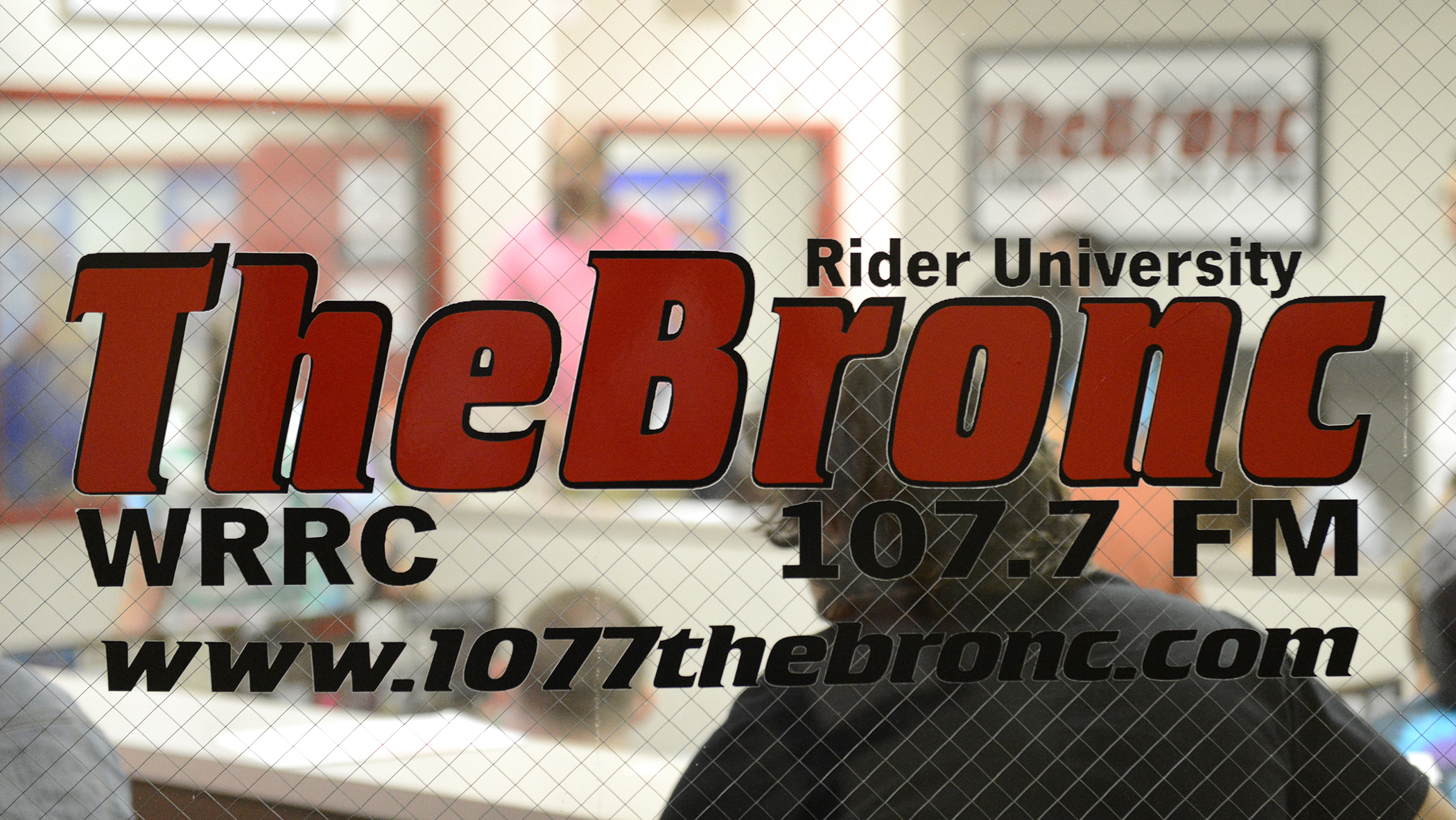Thursday, Mar 21, 2019
Carol Nicholas of the Greater Mercer County Public Health Partnership recently discussed the topic on 'Health 411'
In 2016, about a third of all residents in Mercer County, N.J., reported a body mass index equal to or greater than 30, which is a measurement that defines obesity. Individuals who are obese live with a higher risk of developing serious health problems, including heart disease, high blood pressure and type 2 diabetes.
The Greater Mercer County Public Health Partnership is tackling the difficult problem of improving the health of the citizens of Mercer County, including those struggling with obesity.
The partnership, of which Rider University is a member, is a collaboration of hospitals, health departments, the Mercer County Department of Health and Human Services, and other organizations. Since 2012, the GMCPHP has completed three community health assessments, which was required by law under the Affordable Care Act. After completing its most recent assessment last year, the GMPHP identified the need to help Mercer County residents achieve a healthy weight and lifestyle throughout their lives as the top priority issue.
Carol Nicholas, the administrative director of GMCPHP, appeared on “Health 411,” a radio program presented by Rider University's Health Studies Institute, on March 10, 2019, to discuss the organization, its work and the health assessment of Mercer County.
Interview highlights
On obesity and Trenton’s staggering maternal death rate:
The health statistic that is most alarming is that in Trenton we have the highest maternal death rate in the country! This is most likely because there is a high number of pregnant women that have a high BMI (they’re obese) and do not effectively engage in the health care system. The complex series of issues includes diet, nutrition and exercise as well as problems of transportation and ineffective outreach to those most in need. The GMPHP is looking for root causes and is developing programs resulting in more prevention, more walking and exercise, better diet and more regular doctor visits.
On the need for health literacy communication:
Reducing obesity requires getting into the community to educate people about the importance of exercise and diet. Towards that end, there are cooking classes as part of a health improvement plan. Also, breastfed babies (particularly after six months) have better weights as well as their moms. The GMPHP involves the Trenton Free public library in dissemination of health literacy materials as part of the solution. Distributing bags with health information to reduce diabetes risk is in both written and video formats. Information is conveyed for exercise opportunities including Tai Chi, yoga and cycling. New Jersey now has a Tristate Circuit where all parts of the state have bike trails. In Trenton there is also ‘chasing George,’ which is a 40-mile bike route following where George Washington went. The solutions are complex and the role of politics needs to be integrated into community plans.
On the need for a collaborative approach to solving health-related issues:
The complexity of the issues requires public works employees to put up street lights and replace burned-out street lights so areas are made safer. There is a complete streets project to make every street walkable and also a Vision Zero project to reduce street deaths by redesigning certain intersections (like in New York City). Town engineers need to be part of the solution. There has been some progress with kneeling buses so Trenton residents who are disabled can get around but this still needs to be expanded. Bus routes to Scotch Road where there is Capital Health needs to be improved but the mayor and Trenton Health Team are on board so hopefully this problem will be solved in the near future. Everything comes back to the dollar. When healthful policies are implemented then the company has less insurance costs as well as less absences due to illness.
On the importance of transportation:
It's really hard to get new bus routes in town we have found out. We wanted to get a bus route to go from downtown Trenton to Scotch Road. If you look at what's on Scotch Road, there's the municipal building for Hopewell, Merrill Lynch, Capital Health hospital, Homefront (a homeless shelter for people), the train and the airport — six major things. Do you think we could get a bus route to get out there? It would seem logical. Well we failed. Each of those organizations have set up shuttles to get people to and from their office. And when people have their baby at Capital Health and don't have a car and live in Trenton, where do you get your birth certificate? You have to take a shuttle to the hospital and then have to walk up that highway to the municipal building to get your birth certificate. So we've got moms with carriages walking up that street. Does that make any sense? These are the things we're trying to address.
"Health 411," hosted by Dr. Jonathan Karp of Rider's Department of Biology, Behavioral Neuroscience, and Health Sciences, airs every Sunday at 11 a.m. on 107.7 The Bronc. All episodes are also available as podcasts.

